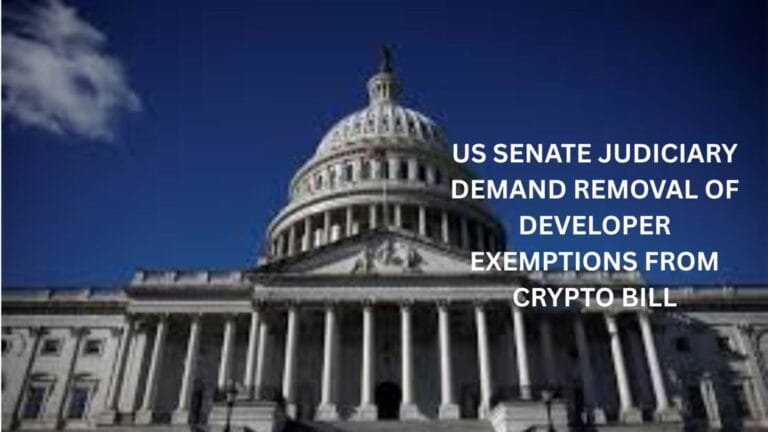Key Takeaways:
- U.S. District Court for the Southern District of New York dismisses class-action lawsuit against Tether and Bitfinex.
- Court deems the case meritless, citing plaintiffs’ failure to provide evidence for alleged injury, such as a diminished value of Tether’s USDT stablecoin.
In the dynamic world of cryptocurrencies and blockchain technology, controversies and legal battles often take center stage. One recent case that has garnered significant attention is the class action lawsuit against Tether and Bitfinex.
This legal tussle, which had been closely watched by crypto enthusiasts and financial analysts alike, recently saw a dramatic turn of events as the presiding judge made a pivotal decision
On August 4, Chief Judge Laura Taylor Swain from the U.S. District Court for the Southern District of New York delivered a comprehensive six-page verdict, effectively dismissing the class action lawsuit initiated by plaintiffs Matthew Anderson and Shawn Dolifka against Tether and Bitfinex.
The lawsuit centered on allegations that the defendants had made baseless assertions regarding the one-to-one backing of Tether’s USDT stablecoin by the U.S. dollar.
The legal dispute had claimed that Tether, a key player in the stablecoin sector, and Bitfinex, a notable cryptocurrency exchange, were jointly orchestrating a scheme to manipulate the cryptocurrency market.
The plaintiffs alleged that Tether’s issuance of tokens without proper backing led to artificial inflation of cryptocurrency prices, unjustly favoring Bitfinex. These allegations carried significant implications, hinting at the potential for a major shift in the perception and trading of cryptocurrencies.
Confirming this development, Paolo Ardoino, the Chief Technical Officer of Tether and Bitfinex, took to Twitter to share the news.
The core of Anderson’s and Dolifka’s issue was that Tether did not keep the same amount of reserves as USDT tokens in circulation.
The class-action lawsuit further claimed that the reserves were not entirely made up of US dollars, as Tether had represented, but rather a mix of overcollateralized loans and undeclared commercial paper. ./
The plaintiffs claimed that the conduct misrepresented the stablecoin’s genuine worth.
Following this judicial victory, as described in the six-page judgement, Tether and Bitfinex reiterated their commitment to protecting its users’ and the community’s interests. The CEOs also reaffirmed their commitment to upholding their word and protecting their customers.










